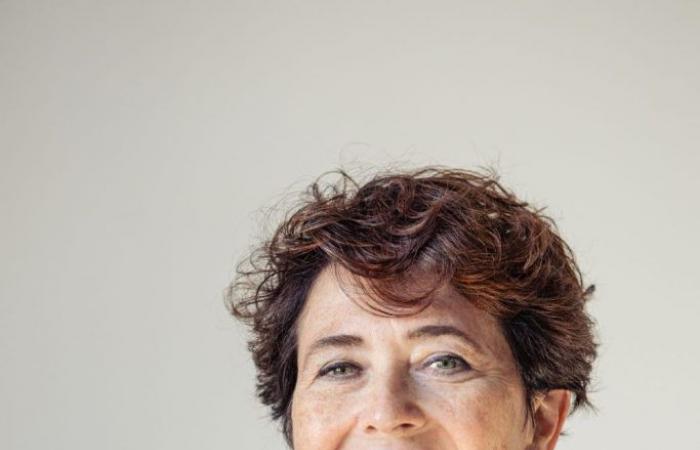Today director general of the European Molecular Biology Laboratory (EMBL) and professor at the Collège de France, Edith Heard is internationally recognized for her pioneering work on the inactivation of the X chromosome, a process essential to the development of female embryos. Her research has revealed epigenetic mechanisms regulating gene expression, providing new understanding of early embryonic stages as well as female biology. His discoveries revolutionized our understanding of epigenetics, a discipline that explores changes in gene activity that define a cell’s identity. In other words, epigenetics examines how modifications, both transmissible and reversible, can influence gene expression without altering the DNA.
Antoine Petit, President and CEO of the CNRS, praised the achievements of the laureate: “An eminent European and international figure in epigenetics, Edith Heard is a reference in modern biology as evidenced by the numerous discoveries that have marked her career and her commitment. for a search for excellence. By awarding her the 2024 gold medal, the CNRS pays tribute to a biologist with an exceptional international scientific career and also to a biologist mobilized in the promotion of science and the training of future leaders in the field.
For several decades, Edith Heard has devoted herself to the study of inactivation of the X chromosome in mammals, a process essential to the development of female embryos. While females have two X chromosomes, males only have one, accompanied by a Y chromosome. However, the Y chromosome only carries a hundred genes, while the thousand. To compensate for this imbalance between males and females, one of the two X chromosomes in females is completely inactivated by an epigenetic process.
. If this process fails, the embryo does not survive. Inactivation of the X chromosome and certain genes that escape this process can also be linked to neurological, autoimmune diseases, or even certain cancers. Edith Heard has collaborated with many doctors to better understand the role of epigenetic marks – chemical changes to DNA or its associated proteins that can regulate gene expression. These marks play an important role during development as well as in several diseases, such as breast cancer.
Born in 1965 in London, Edith Heard studied natural sciences at the University of Cambridge, before becoming interested in epigenetics during her thesis on gene amplification in cancer at the Imperial Cancer Research Foundation (ICRF), London. She arrived in France in 1990 thanks to a scholarship from the Human Frontier Science Program and joined the Pasteur Institute for a post-doctoral position, where she began her work on the inactivation of the X chromosome which would be the guiding principle of her career. She was recruited three years later by the CNRS, becoming ATIP team leader
in 2001 and in 2010 took charge of “Genetics and Developmental Biology”, a joint research unit between the CNRS, Inserm and the Institut Curie. In 2012, she was appointed professor at the Collège de France as holder of the “Epigenetics and cellular memory” chair. Since 2019, Edith Heard has headed the prestigious European Molecular Biology Laboratory (EMBL), an intergovernmental research body involving 29 countries, and was elected a member of the Academy of Sciences in 2022. Edith Heard also serves on several scientific councils, including the WHO scientific council. In the summer of 2025, she will take over as director of the Francis Crick Institute in London.
Throughout her career, Edith Heard has been recognized with many notable awards. Winner of the CNRS silver medal in 2008, decorated with the Legion of Honor in 2017, she also received the Grand Prix from the National Institute of Health and Medical Research in 2017 and the L’Oréal prize -UNESCO Women in Science International in 2020. She was also elected Fellow of the Royal Society in 2013, one of the most prestigious scientific distinctions in the world.
Edith Heard is also a strong advocate for science and international collaboration. It is particularly involved through the PAUSE program
which aims to temporarily welcome scientists from areas of geopolitical crisis, or through the multidisciplinary program “From molecules to ecosystems” at EMBL, aiming to stimulate research to better understand the living world in a molecular context .
Photos of the winner are available on the platform CNRS Imagesas well as his portrait in CNRS the Journal.






